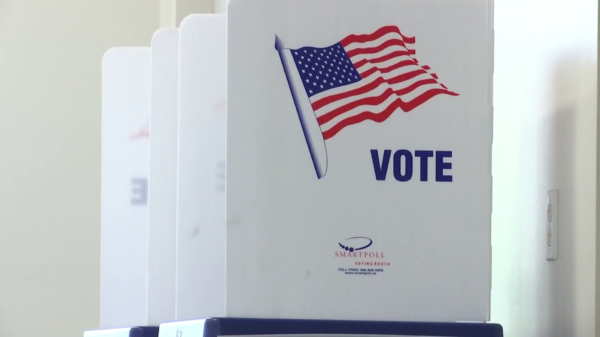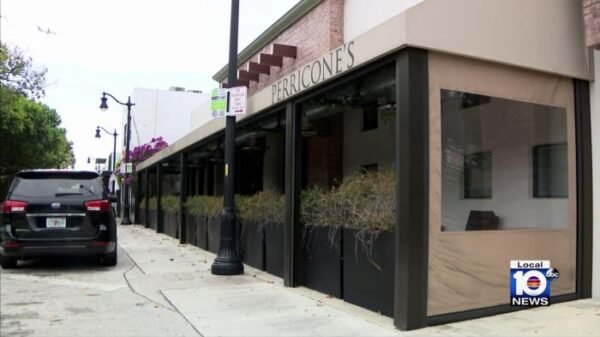With Easter around the corner, it’s time to start thinking about one of the most beloved traditions of the holiday – decorating Easter eggs. However, many people have concerns about the safety of consuming dyed eggs. While it’s generally safe to eat Easter eggs that have been properly prepared and stored, there are some precautions you should take to ensure the safety of yourself and your family. Keep reading to find out more about Easter egg safety and how to avoid any potential health risks.
Is It Safe To Eat Dyed Easter Eggs — Easter Egg Safety
Every year, millions of people celebrate Easter by coloring eggs and participating in egg hunts. But, have you ever wondered if it’s safe to eat dyed Easter eggs? The answer is yes, as long as they are handled and cooked correctly.
Handling and Preparation
Before coloring eggs, it’s important to wash your hands thoroughly with hot, soapy water. This helps prevent the spread of bacteria, such as Salmonella, which can be found on the eggshell. Be sure to also use clean utensils and work surfaces.
When boiling eggs, make sure to keep them at a temperature of at least 160°F (71°C) to kill any harmful bacteria. After boiling, it’s best to refrigerate the eggs until you’re ready to color them. If not properly stored, the eggs can spoil and increase the risk of foodborne illness.
When it comes to Easter egg hunts, it’s important to only hide eggs in areas that are free of dirt, grass, or other potential contaminants. Be sure to also only use eggs that have been stored properly to prevent any risk of illness.
Dyeing and Decorating Eggs
When dyeing eggs, it’s important to use only Food-safe dyes or natural dyes, such as beet juice, blueberries, or turmeric. Avoid using anything that is not intended for Food consumption, such as glitter or markers.
If you plan on using hard-boiled eggs for decoration, it’s important to keep them refrigerated until use. Avoid keeping them at room temperature for too long, as this can increase the risk of bacterial growth.
Eating Dyed Easter Eggs
Eating dyed Easter eggs is safe, as long as they have been handled and cooked properly. The egg yolk and white are both safe to eat, but it’s important to make sure the egg is fully cooked before consuming.
If you plan on using leftover dyed eggs in recipes, be sure to refrigerate them promptly and use them within a week. This helps prevent any potential spoilage that could increase the risk of foodborne illness.
Conclusion
In conclusion, it is safe to eat dyed Easter eggs as long as they are handled and cooked properly. Make sure to wash your hands, use clean utensils and surfaces, and keep eggs at a temperature of at least 160°F (71°C) when boiling.
When dyeing eggs, only use Food-safe dyes or natural dyes, and store hard-boiled eggs in the refrigerator until use. Remember to avoid hiding eggs in dirty or contaminated areas during Easter egg hunts.
If you follow these simple tips for Easter egg safety, you can enjoy your dyed Easter eggs without any worries or concerns.




































